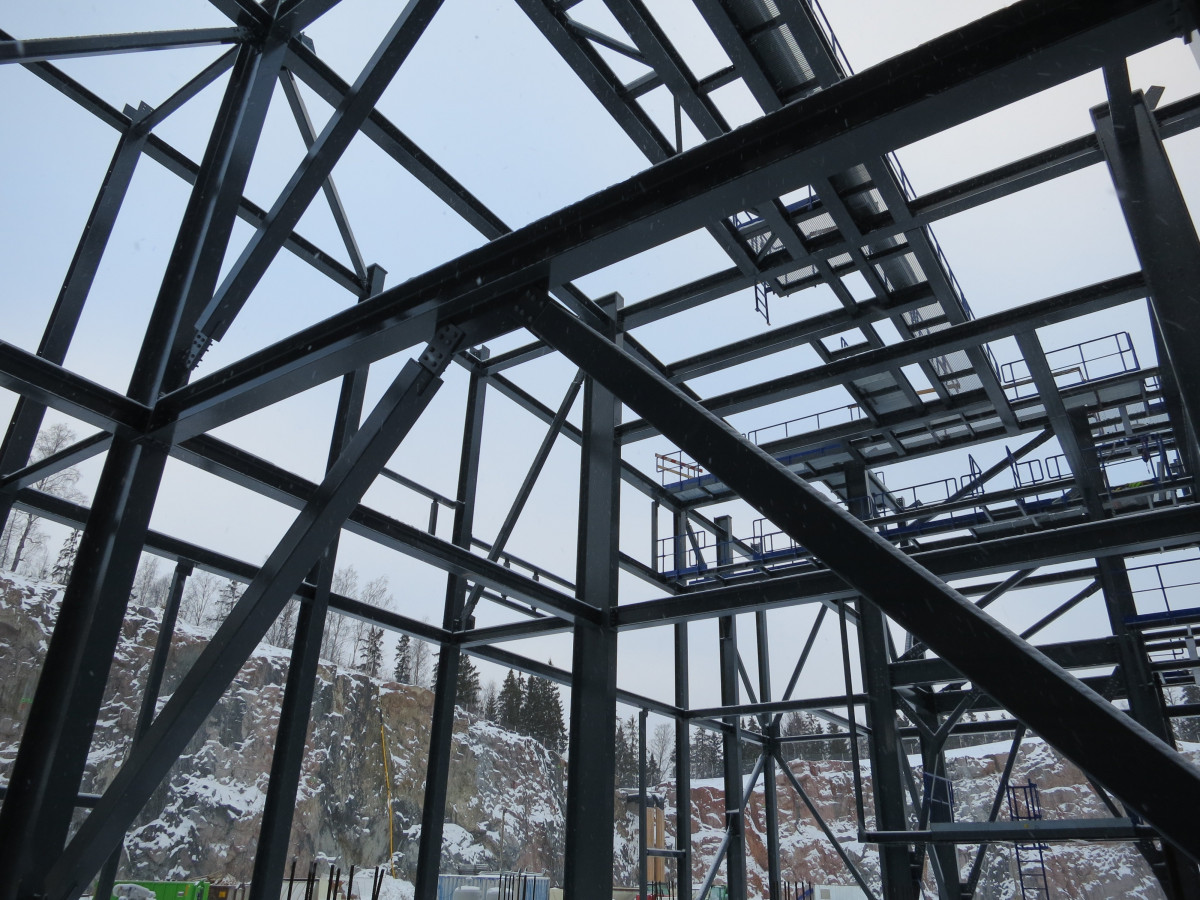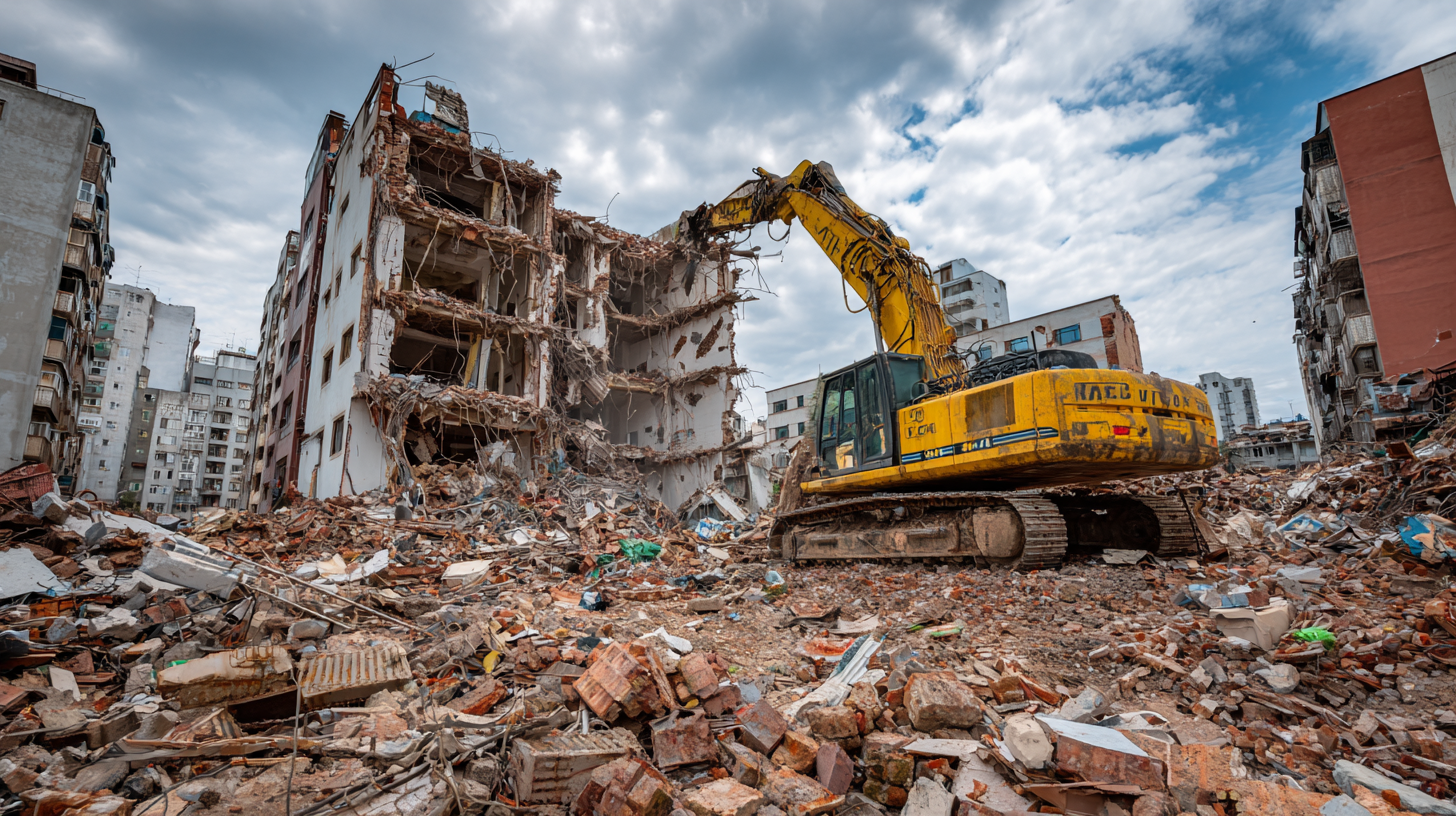♻️ Responsible Waste Management in Soft Strip Demolition: How Professionals Handle Waste the Right Way
In modern construction and demolition projects, waste management is no longer just a side task. It is a critical part of soft strip demolition that directly impacts project compliance, environmental impact, and long-term sustainability. Whether clearing out a commercial office, a high street retail unit, or a large-scale warehouse, how materials are handled during the soft strip phase defines the success and environmental responsibility of the entire job.
Soft strip demolition focuses on the removal of non-structural elements inside a building to prepare for refurbishment, redevelopment, or full structural demolition. The process produces significant volumes of waste, including timber, plasterboard, metals, plastics, tiles, insulation, cabling, floor finishes, ceiling tiles, and more. All of this must be sorted, removed, and disposed of in accordance with UK waste regulations.
Professional soft strip contractors develop detailed waste management plans that go far beyond simply loading skips. A key part of their approach involves segregating materials at the source. Timber, metals, cables, plastics, and plasterboard are each separated into individual waste streams. These materials are sent to licensed recycling facilities where they are processed for reuse. This segregation process reduces landfill dependency, saves clients money on disposal costs, and improves the project’s sustainability performance.
Equally important is the safe handling of hazardous materials. In buildings constructed before the year 2000, asbestos is a potential concern. A soft strip contractor must arrange for an asbestos survey before any physical work begins. If asbestos is present, licensed removal specialists are brought in to manage the decontamination process safely and legally. Other hazardous elements like fluorescent tubes, refrigerants, lead paint, or contaminated residues in industrial facilities must also be identified and disposed of correctly. Failing to do so not only endangers site personnel but can also result in serious legal consequences and delays.
Transparency is a legal requirement in demolition waste handling. Contractors are expected to provide full documentation for every load of waste that leaves a site. This includes Waste Transfer Notes for non-hazardous loads and Consignment Notes for hazardous materials. These records create a legal audit trail and give clients assurance that their project is meeting UK waste laws. Reputable contractors will also confirm that every disposal facility used is fully licensed and environmentally compliant.
A responsible contractor will also work to maximise recovery and reuse. Doors, fixtures, lighting, ducting, cabling, and other usable components may be salvaged for reuse either within the same project or for resale. These efforts support circular economy goals and reduce the carbon footprint of a construction site. Many clients, especially those aiming for BREEAM or LEED certifications, look for contractors that can report on recycling and diversion rates as part of their ESG strategy.
When it comes to waste that cannot be recycled, many soft strip teams now divert materials to energy-from-waste facilities rather than landfill. These modern plants convert waste into heat or power, which helps reduce the environmental cost of disposal. Efficient transport routing also plays a role in lowering a project’s overall emissions.
The job isn’t finished once the waste is off-site. A complete soft strip demolition always includes a full site clean-up. This involves sweeping, vacuuming, removing dust, and leaving the property clear and safe for the next phase of work. A clean site improves safety, helps avoid delays, and shows professionalism from the contractor.
Working with a soft strip contractor who understands the value of waste management is essential. It protects your legal position, boosts your environmental credentials, and helps keep your project running on time and within budget. More than that, it ensures you are doing the right thing—minimising waste, maximising recycling, and contributing to a more sustainable construction industry.
Contractors like SoftStripContractors.co.uk are leading the way in combining efficient demolition with environmental responsibility. With a strong focus on segregation, safe disposal, full compliance, and on-site cleanliness, their services go far beyond simply removing materials. They offer complete waste handling solutions tailored to the complexity and scale of each project, from commercial fit-outs to industrial clearances and residential renovations.
For developers, landlords, contractors, and business owners alike, choosing a team with a strong track record in waste management isn’t just a smart move—it’s a vital one. The way your waste is handled can define your project’s compliance, reputation, and long-term environmental impact.
If you’re planning a soft strip demolition, make sure your contractor treats waste management as a core service, not an afterthought. It’s the only way to ensure a clean, compliant, and truly sustainable outcome.
♻️ Waste Management & Environmental Services: Long FAQ
1. What role does waste management play in soft strip demolition?
Waste management is a core component of soft strip demolition. It ensures that materials removed during the strip-out—such as metal, wood, plastics, plasterboard, cabling, and more—are handled responsibly, sorted correctly, and either recycled, reused, or disposed of in line with UK regulations.
2. What materials can be recycled during soft demolition?
Common recyclable materials include ferrous and non-ferrous metals (like copper wiring and steel beams), timber, plasterboard, concrete, tiles, and certain plastics. Professional contractors carefully segregate these materials on-site to maximise recycling and minimise landfill use.
3. How is waste segregation handled on-site?
Contractors use labelled skips, containers, or designated waste areas to separate waste streams at the point of removal. This allows for easier transport to recycling facilities and ensures compliance with environmental laws.
4. What environmental regulations must be followed?
UK waste management regulations are governed by laws such as the Environmental Protection Act 1990, the Waste (England and Wales) Regulations 2011, and site-specific local authority guidelines. Contractors must ensure materials are disposed of at licensed facilities and must maintain full audit trails for accountability.
5. How are hazardous materials like asbestos managed?
If asbestos is found or suspected, it must be handled by licensed asbestos removal contractors. Soft strip contractors conduct asbestos surveys before work begins and coordinate with specialists to ensure safe removal and disposal according to the Control of Asbestos Regulations 2012.
6. Is waste tracked during disposal?
Yes. A Duty of Care Waste Transfer Note is created for each load of non-hazardous waste, and a Consignment Note is used for hazardous waste. This documentation tracks where the waste goes, who handled it, and how it was disposed of, ensuring legal compliance.
7. What is meant by ‘responsible disposal’?
Responsible disposal means using licensed facilities, avoiding fly-tipping, and ensuring materials are processed in ways that minimise environmental harm. It also includes considering the carbon footprint of transportation and disposal processes.
8. What happens to non-recyclable materials?
Non-recyclable waste is either sent to energy-from-waste (EfW) facilities or to landfill, depending on local options. However, experienced contractors aim to minimise this portion through careful material management.
9. Does the soft strip team handle site clean-up?
Yes. At the end of the strip-out, a thorough site clean-up is carried out to remove any remaining debris, dust, or waste. This leaves the site safe, tidy, and ready for the next phase of construction or redevelopment.
10. Can materials from a strip-out be reused?
Yes, where possible. Items like doors, frames, lighting units, and timber can sometimes be salvaged and reused either on-site or resold for secondary use. This supports circular economy goals and reduces environmental impact.
11. Why is environmental compliance important during soft demolition?
Non-compliance can result in heavy fines, project delays, and reputational damage. More importantly, environmentally responsible demolition supports the UK’s broader sustainability and carbon-reduction targets.
12. Are there certifications or audits involved in waste handling?
Professional demolition companies may be ISO 14001 certified for environmental management, and projects may be subject to audits by clients, local authorities, or environmental regulators. Waste documentation must be complete and accurate to pass such inspections.
13. How do soft strip contractors reduce a project’s carbon footprint?
They reduce on-site waste, optimise transport routes for waste collection, prioritise recycling over landfill, and collaborate with eco-conscious disposal partners. Some also use low-emission machinery and track carbon output as part of environmental reporting.
14. Is waste removal part of the initial project quote?
Yes. Reputable soft strip contractors will include waste removal, disposal, and recycling in their pricing. This ensures transparency and avoids hidden costs later in the project.
15. How do I know my waste is being handled responsibly?
You can request waste transfer notes, consignment notes, recycling reports, and disposal site documentation from your contractor. These documents provide a clear audit trail and confirm legal, safe, and ethical handling of waste materials.

